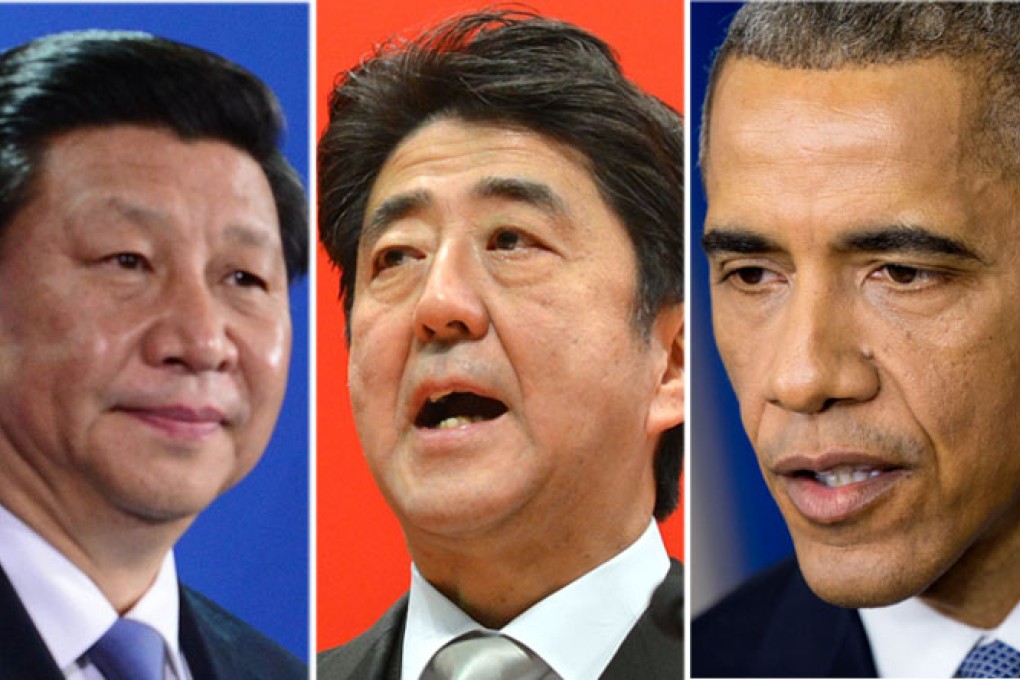Xi Jinping to make first state visit to US ‘later this year’, Chinese diplomat confirms
Invitations to Xi and Japan's Shinzo Abe a sign of Washington's policy switch to Asia-Pacific

A top Chinese diplomat says President Xi Jinping plans to make his first state visit to the United States later this year, Chinese state media reports today.
The official China Daily newspaper quoted Ciu Tiankai, China’s ambassador to the US, as saying that Chinese and US officials were discussing the visit.
Ciu told Chinese reporters yesterday that no date had been decided yet for Xi’s visit.
The US had invited both Xi and Japanese Prime Minister Shinzo Abe for state visits, Obama's national security adviser Susan Rice said on Friday.
The invitations are a further sign of President Barack Obama's increased focus on the Asia-Pacific region.
Xi last met Obama in November after an Asian-Pacific Economic Cooperation meeting in Beijing.